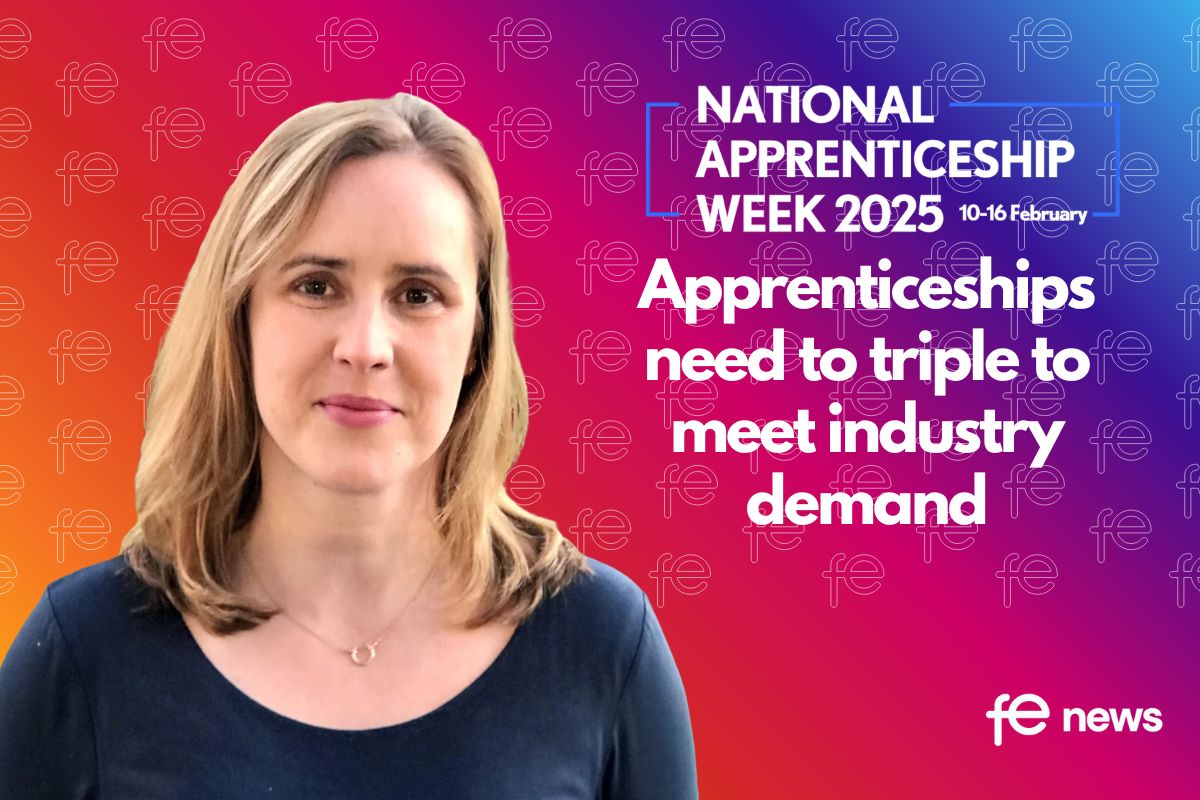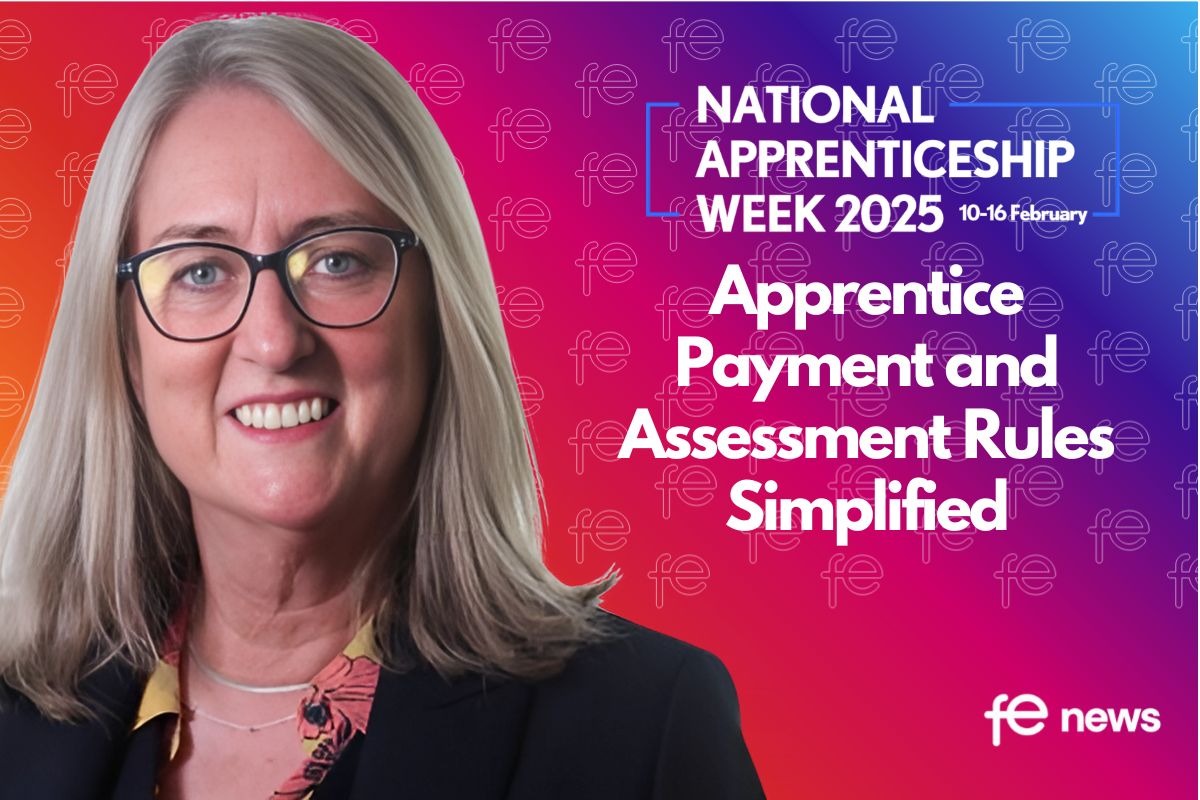Edtech Trends Shaping Education in 2024

As we wrap up a year filled with exciting yet challenging technological advancements impacting education, such as Generative AI tools, it is crucial to take a moment to reflect on how this year’s edtech trends are paving the way for students, teachers, and educational institutions moving into 2024.
From the classroom to the meeting rooms of product teams at the largest edtech providers, the new education landscape has pushed the boundaries of those working in the field. 2023 has seen revolutionary technologies poised to reshape how we learn, teach, and navigate the concept of lifelong learning.
To start, generative AI dominated the conversation in 2023. Beyond the immediate reaction of fearing students would use Generative AI tools to cheat, it’s been encouraging to see more and more institutions working on faculty training and guidelines to help educators embrace AI as a transformative tool in shaping educational content and experiences. Teachers and students are beginning to see the benefits of AI-generated resources in supporting personalised learning, fostering a more engaging and effective learning environment, and saving educators time.
Some edtech providers rushed to create new AI-powered tools, while giants such as Khan Academy and Instructure, makers of the VLE Canvas, entered strategic global partnerships to combine Khanmigo and Canvas to save educators time with AI-powered lesson planning, automated grading tools, and AI guidance to help improve student writing outcomes.
Because the world of work is evolving to a more skill-centered hiring approach, the traditional concept of credentials has also transformed in 2023. Beyond the conventional diplomas and degrees, there is a rising emphasis on micro-credentials and digital badges to allow learners to showcase specific skills and competencies, providing more accurate evidence of their capabilities to potential employers and opening up opportunities that help adult learners upskill and reskill for their careers. Credentials are key to the evolution of higher and further education globally and in the UK, where, according to the latest global study from Hanover Research for Instructure, among those surveyed in the UK, 52% have considered apprenticeships as the primary skill-based learning opportunities for career advancement, and 42% have considered certificates.
With this trend, it is unsurprising that leading edtech companies, like Instructure and Parchment, have merged to offer universities and schools worldwide the opportunity to securely issue transcripts, diplomas, certificates, verifications, comprehensive learner records, and other credential formats digitally as part of a comprehensive learning platform.
Along with the evolving role of virtual learning environments and their integrations with other edtech applications, data and analytics have become key to facilitating informed decision-making at every level for education institutions. Educators are using data provided by their VLEs to improve the learning experience by tracking student performance, optimising teaching methodologies, and using predictive analytics to identify at-risk students, allowing for timely interventions and personalised support before those students drop out.
Edtech Challenges in 2024
As educational institutions enthusiastically embrace emerging technologies such as AI tools or Virtual and Augmented Reality devices to enhance the learning experience, schools must be mindful of key considerations to ensure responsible and ethical integration of these technologies.
Institutions must prioritise inclusive strategies, ensuring all students have equitable access to educational technology. Implementing Generative AI technologies, for example, can be cost-prohibitive. Exploring ways to manage these costs and ensuring their implementations don’t create a digital divide must be carefully navigated by institutions to avoid increasing educational inequalities.
Educational institutions are entrusted with vast amounts of personal and academic data, making them attractive targets for cyber threats. With technology integration comes the responsibility to safeguard sensitive information and data. They need robust cybersecurity measures to protect student and staff data and, most importantly, provide cybersecurity education to students to foster a culture of digital responsibility.
Integrating technology in education requires considering all aspects of accessibility to ensure that digital platforms and content are accessible to students with diverse needs, including those with disabilities. From providing alternative formats for learning materials to incorporating assistive technologies, educators must strive to create an inclusive learning environment that caters to the varied requirements of all students.
As schools explore the vast opportunities presented by new technologies and innovations, ensuring that all students enjoy the benefits without compromising their safety, privacy, or equal access to quality education is essential.
A glimpse into the future of education
As we look toward 2024 and the years to come, personalised learning experiences will increasingly be shaped by collaborative AI, where humans and machines work seamlessly together. The concept of AI tutors and teaching assistants will become commonplace, elevating student success and empowering teachers to focus their time and energy. Educational platforms will evolve to accommodate the dynamic needs of a competitive workforce, shaping lifelong learning and fostering opportunities for non-traditional learners.
The future of education promises a landscape where learning is not just a means to an end but a dynamic lifelong journey where advancements in technology will shift the role of educators toward guiding and mentoring and learners take more control of their educational journeys. Integrating transformative technologies into this constantly evolving world of education will continue to push us to be more creative and hopefully inspire us all to focus on finding balance and increasing accessibility, equality, and equitable access to education worldwide.
By Daniel Hill, Managing Director, EMEA, Instructure













Responses